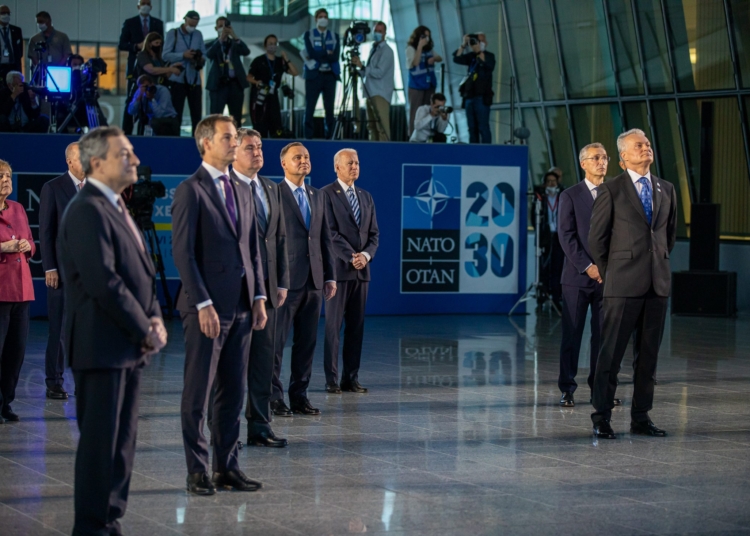This content discusses the implications and criticisms of NATO’s expansion since its establishment in 1949. The article explores the enhanced collective security provided by NATO’s expansion, promoting stability in Central and Eastern Europe, and positioning NATO as a global actor. However, it also examines the criticisms of NATO’s expansion, including provocation and aggravation of Russia, concerns about alliance fragmentation, and issues of limited resources and burden-sharing. The article concludes by emphasizing the importance of examining these implications and criticisms for shaping NATO’s future trajectory and ensuring it fulfills its objectives.
NATO’s Expansion: Examining Implications and Criticisms
Introduction
Since its establishment in 1949, the North Atlantic Treaty Organization (NATO) has undergone several expansions, both in terms of its membership and scope of operations. NATO’s expansion has been a crucial aspect of its evolution, aiming to promote security, stability, and cooperation among member countries. However, this expansion has not been without its implications and criticisms. This article will delve into the implications and criticisms associated with NATO’s expansion.
Implications of NATO’s Expansion
1. Enhanced Collective Security:
One significant implication of NATO’s expansion is the enhanced collective security provided to member countries. By incorporating new members, NATO strengthens its ability to deter potential aggression and respond to security threats collectively. This expansion has helped to consolidate Western democracies’ influence and protect common interests.
2. Stability in Central and Eastern Europe:
NATO’s expansion into Central and Eastern Europe has been instrumental in promoting stability and democracy in the region. Former Eastern Bloc countries, such as Poland, Hungary, and the Baltic states, have benefited from NATO’s security guarantees, leading to political and economic progress.
3. NATO as a Global Actor:
By expanding its membership and reach, NATO has positioned itself as a global actor in addressing security challenges beyond its traditional boundaries. NATO’s involvement in operations such as Afghanistan and its partnerships with non-member countries demonstrate its evolving role as a global security organization.
Criticisms of NATO’s Expansion
1. Provocation and Aggravation of Russia:
One of the main criticisms of NATO’s expansion is that it has provoked and aggravated Russia. From a Russian perspective, NATO’s eastward expansion is seen as an encroachment on its sphere of influence and a threat to its security. This perception has heightened tensions between NATO and Russia, manifesting in conflicts like the 2008 Russo-Georgian War and the ongoing Ukraine crisis.
2. Alliance Fragmentation:
NATO’s rapid expansion has also raised concerns about potential alliance fragmentation. As the number of member countries increases, diverging interests, political dynamics, and decision-making processes can strain the alliance’s cohesion. This fragmentation could hinder NATO’s ability to respond effectively to security challenges and undermine its primary goal of collective defense.
3. Limited Resources and Burden-Sharing:
Another criticism of NATO’s expansion revolves around limited resources and burden-sharing. While new members benefit from NATO’s security guarantees, they may not contribute proportionately in terms of defense spending. This imbalance can place a burden on wealthier NATO members, who are responsible for providing resources and capabilities to support collective defense.
Conclusion
NATO’s expansion has brought about both positive implications and legitimate criticisms. While it has enhanced collective security, stability in Central and Eastern Europe, and positioned NATO as a global actor, it has also provoked Russia, raised concerns about alliance fragmentation, and highlighted burden-sharing disparities. Finding a balance between expanding membership and maintaining the cohesion of the alliance remains a challenge for NATO. Nonetheless, thorough examination of the implications and criticisms surrounding NATO’s expansion is essential for shaping its future trajectory and ensuring it continues to fulfill its objectives.













